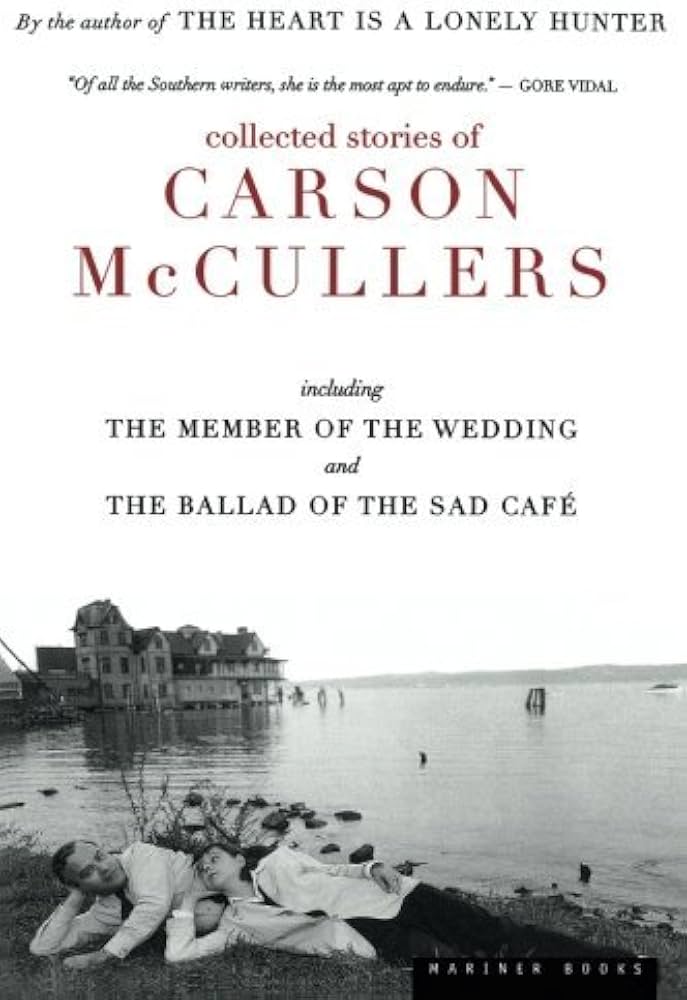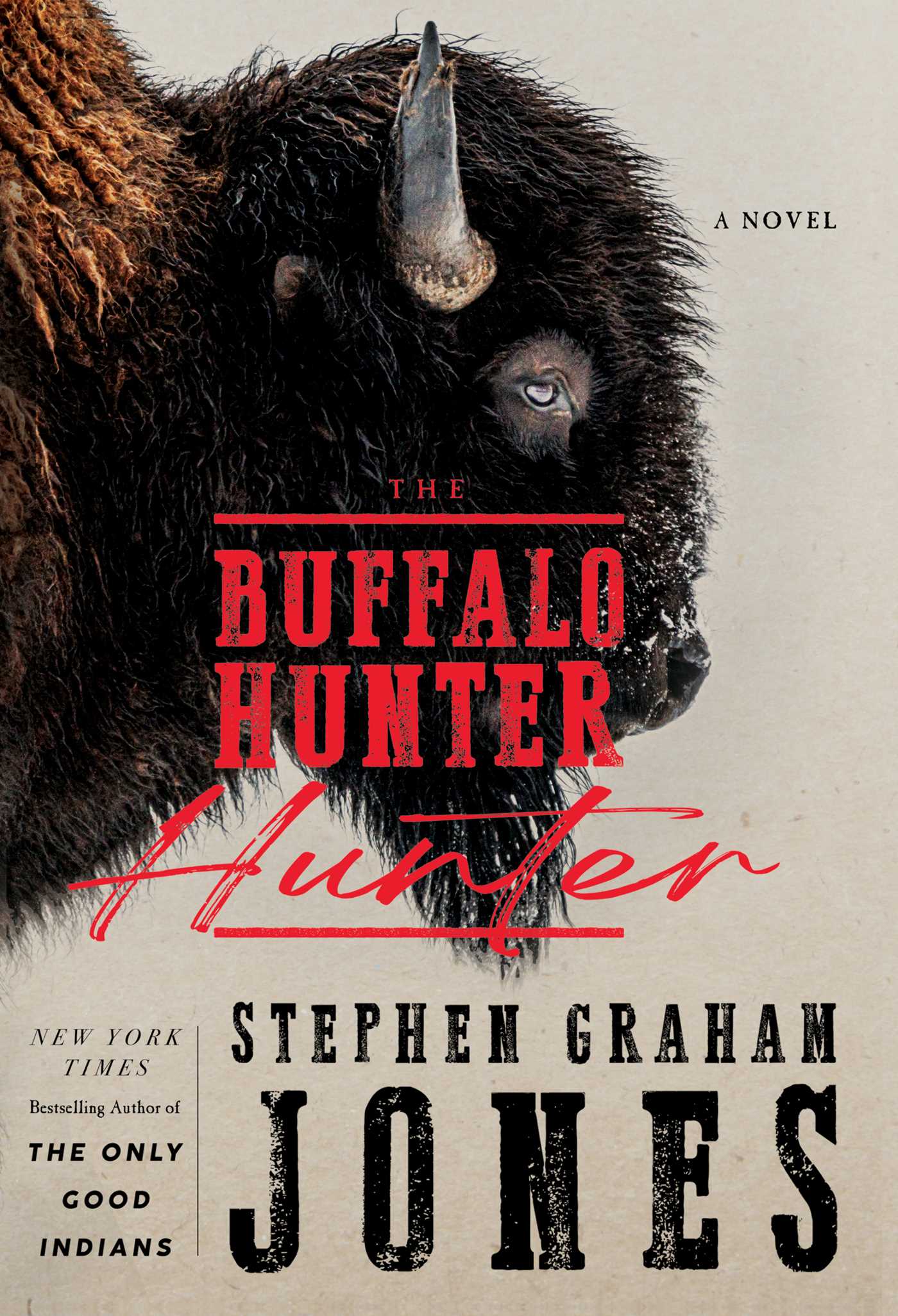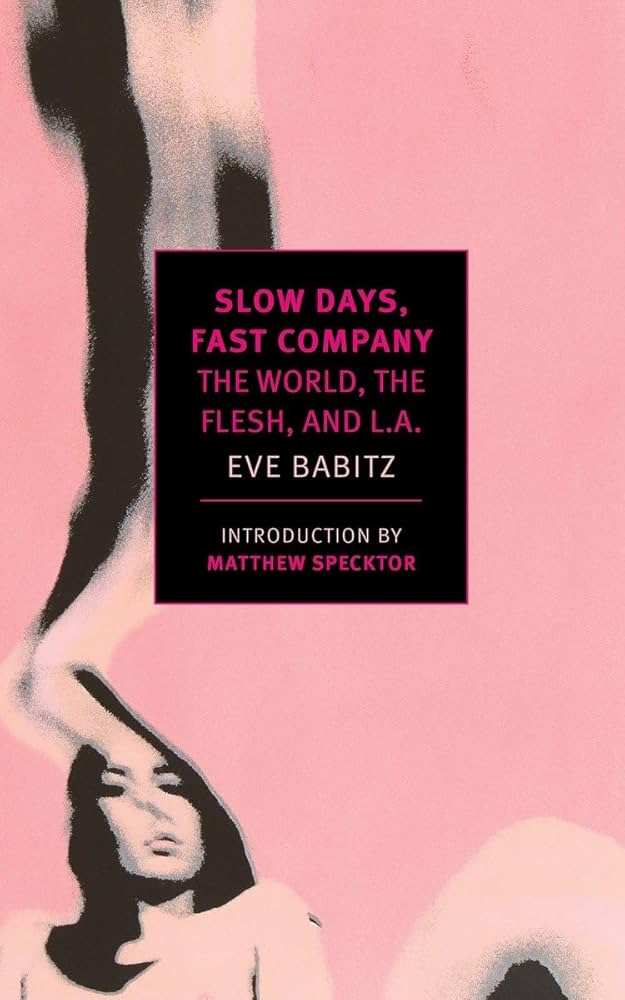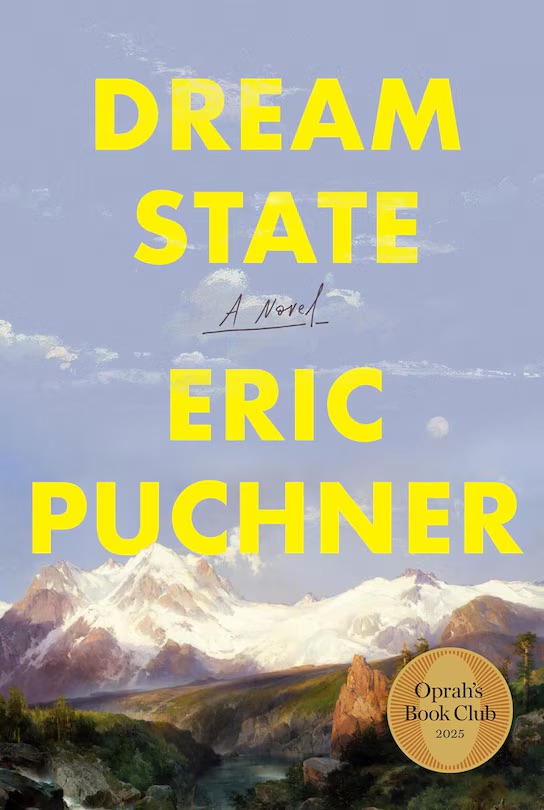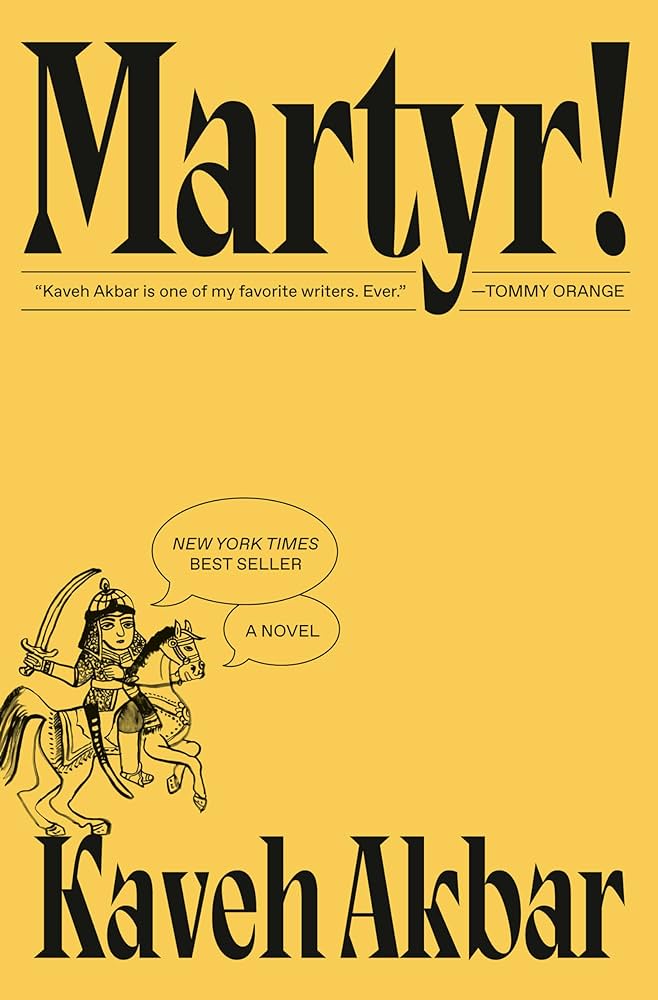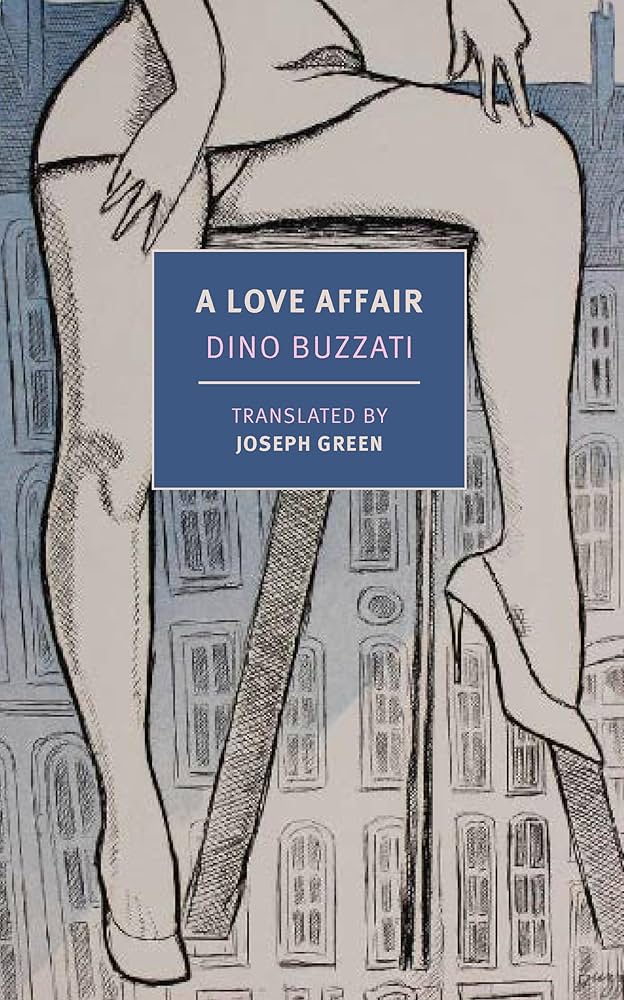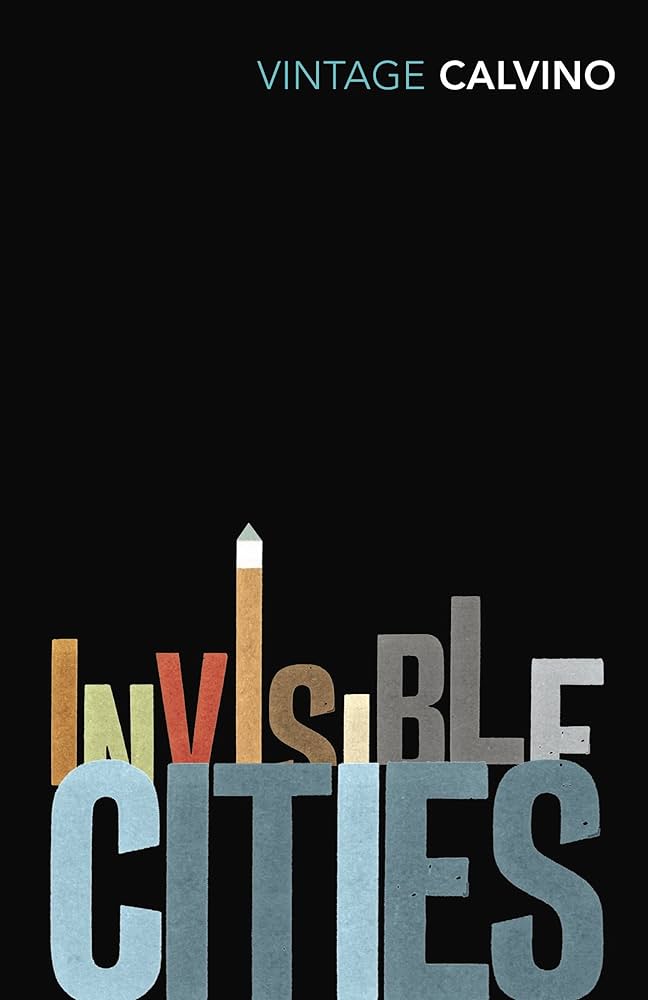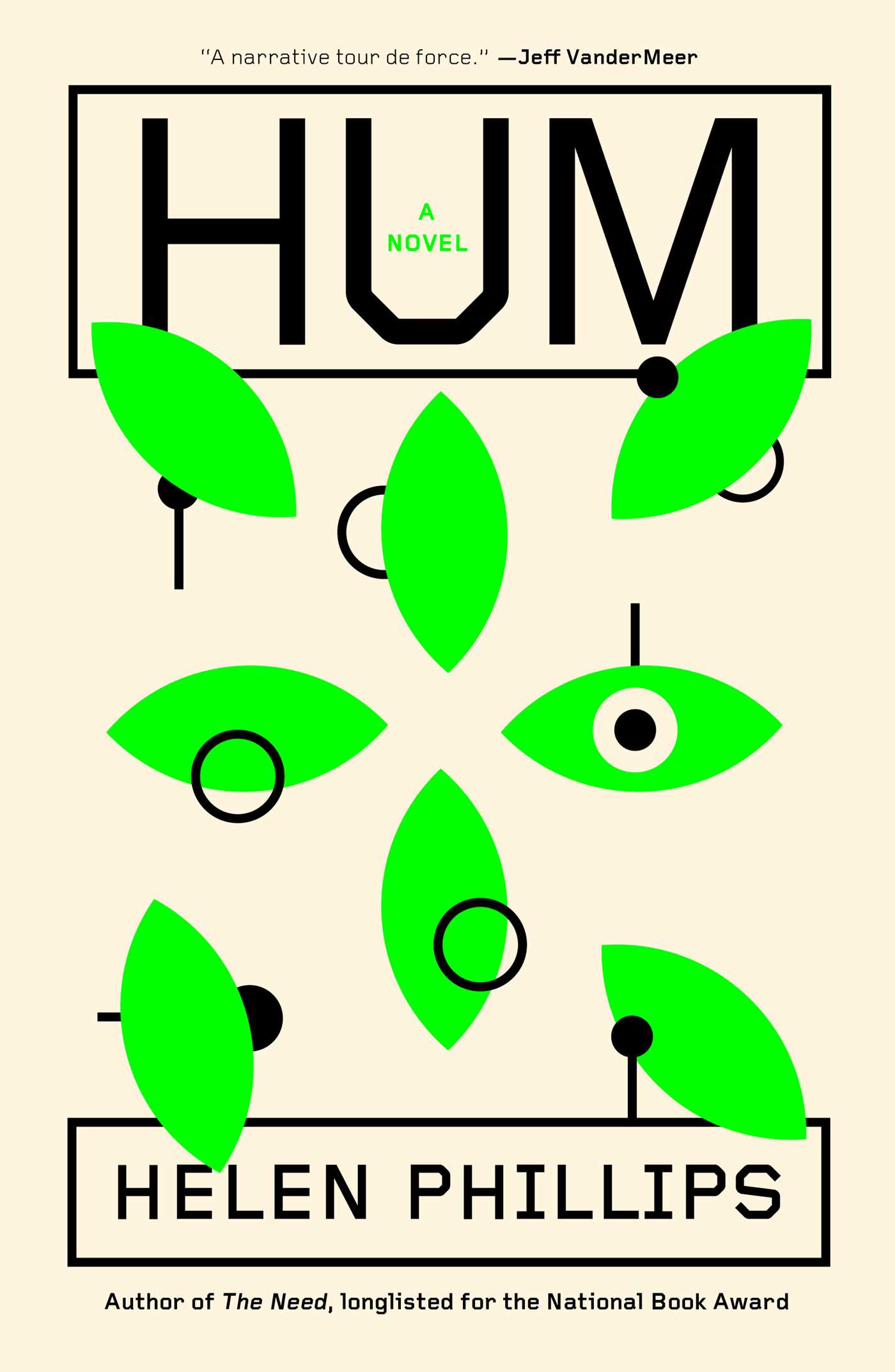This was an instant purchase after reading The Heart is a Lonely Hunter and learning a little about McCullers back in April. That book is among my all-time favourites – I love it even more now than when I finished reading it. Several stories in this collection equal or exceed that book for emotional impact.
It’s brilliant. McCullers knows how to write lonely, despondent characters with substance issues, and she writes them with dignity and heart. She writes what she knows, and that knowledge came firsthand. It’s clear that some of these are thinly-veiled autobiography.
It took me a while to warm to it, but once they started hitting, they were devastating. Her characters are outcasts and weirdos – a kid named Hugh (yikes) who has been ostracized by his peers because his mother spent time in a psychiatric facility after a scary episode (The Haunted Boy), a writer who has flamed out after some early success and is letting his drinking ruin his life (Who Has Seen the Wind), and a family whose move to New York is driving the mother to substance issues of her own (A Domestic Dilemma). Female-identifying characters with gender-neutral names, people that feel like aliens in their own skin. Characters that find it impossible to relate to others on a human level. All of these struck home to varying degrees with me. I haven’t been able to get poor Hugh out of my head for the last few days. Sentences like this, from The Haunted Boy:
“He hated John, as you hate people you need so badly.”
The second half of the book is two novellas – the first, “The Ballad of the Sad Cafe”, is about a lonely divorced woman whose long-lost cousin arrives, and what starts as a strong positive quickly turns sour. It’s told in a unique way – often in the second person, as though McCullers is coaching the reader through the story. It also has this:
…most of us would rather love than be loved. Almost everyone wants to be the lover. And the curt truth is that, in a deep secret way, the state of being beloved is intolerable to many. The beloved fears and hates the lover, and with the best of reasons. For the lover is forever trying to strip bare his beloved. The lover craves any possible relation with the beloved, even if this experience can cause him only pain.
Her writing hits in a rare way. More than once I’d read a paragraph like the one above and it would be several minutes later that I would process it and go back to read it again. Some of that is her extremely subtle foreshadowing. The way she gently introduces themes almost as afterthoughts, only to have the story turn in an unpredictable way, and put an exclamation mark on a sentence from pages earlier.
The last, “A Member of the Wedding” is the longest. It’s about a young girl named Frankie whose older brother is getting married, leaving her feeling lost and confused, convinced that he and his new bride will take her with them, because ‘they are the we to her me‘. It also deals with gender dysphoria and sexual identity in a way that is surprisingly modern for something published in 1946. Again – this is almost certainly McCullers channeling her own experiences into her characters.
Of course, ‘what the stories are about’ has only a little connection to ‘what these stories will do to your heart’. Even before I finished the book I was looking forward to reading some of the stories again.

